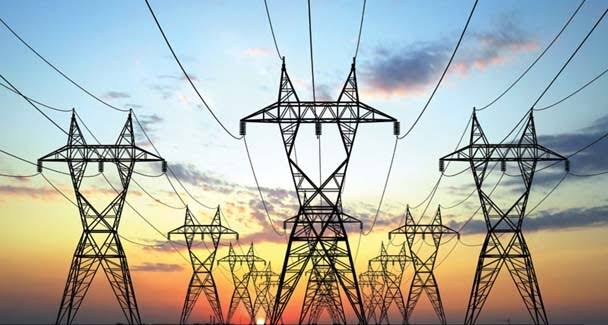The Nigerian Electricity Regulatory Commission (NERC) has guaranteed Nigerians enhanced power supply starting from July 1, 2022.
Sanusi Garba, the Chairman of the Nigerian Electricity Regulatory Commission (NERC), offered the assurance yesterday, at a press conference following the Second Nigerian Electricity Supply Industry (NESI) meeting in Lagos.
Seated at the meeting were top executives from NERC, the Transmission Company of Nigeria (TCN), generation companies, and electricity distribution companies.
Garba stated the NERC had brokered a deal between the Gencos, TCN, and the 11 DisCos that would guarantee the generation, transmission, and distribution of an average of 5,000MW of power to consumers on a daily basis beginning July 1.
The contract, according to the NERC chairman, is binding on all parties in the sector’s value chain and includes sanctions for any party that breaches the agreement under the new system.
Since the beginning of the year, Nigeria’s power supply has deteriorated substantially, with many consumers, notably in Lagos, receiving less than 10 hours of electricity each week.
Speaking on the new development, Garba said: “We have had discussions with the gas suppliers within our regulatory space. We have them on board to ensure that once we made the commercial requirements, gas was going to flow.
“Now, for transmission we have heard of figures well in excess of 5,000MW and clearly TCN will be able to deliver that.
“I recall clearly that in March last year we had 5,400MW. So, it means it is quite possible based on signed commitments.
“So, in a situation where Gencos are able to deliver 5,000MW but TCN is unable to do so, they’ll pay the penalty to the generation company and so on.
“And whenever the power is available and DisCos do not take the power; then they will pay liquidated damages that will compensate other market participants.
“We might not have 24/7 power supply from July 1 but Nigerians will see the trajectory because the target is to have an average of 5,000MW daily for transmission and distribution.”
He further blamed the recent national grid collapse on a lack of adequate gas supplies, poor maintenance of some thermal units, and criminal vandalism of power infrastructure and gas pipelines.
Check Also: Understanding the perennial power supply challenges in Nigeria



Terrible caption or title heading, but if they could maintain or stabilize supply at 5,000 MW then it means there was a sabotage in the system that has been causing unnecessary breakdowns. If they could not maintain it then it means the problem is beyond there capacity and they should honorably resign and give way to competent hands to rescue the country and the energy sector.